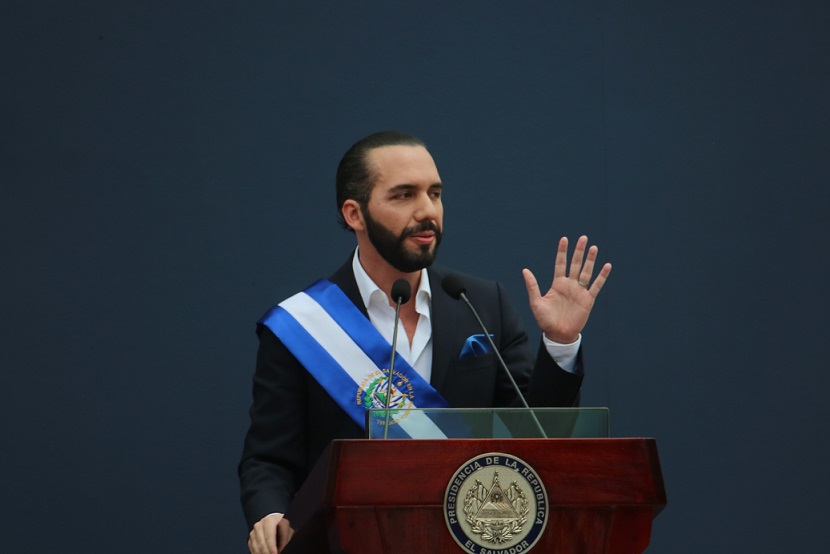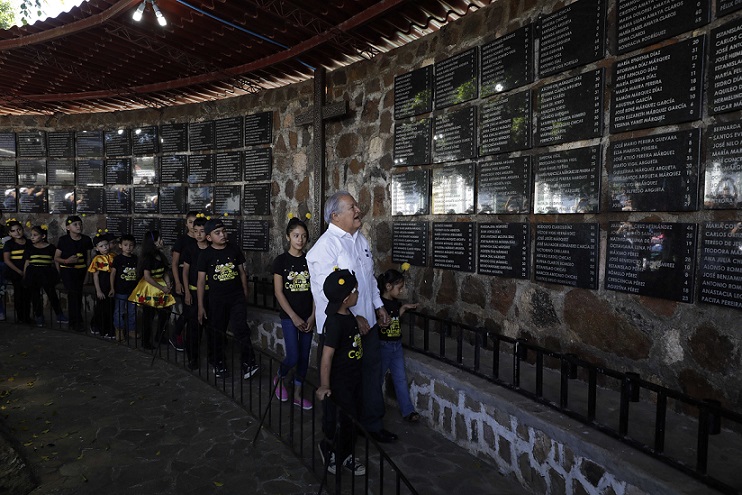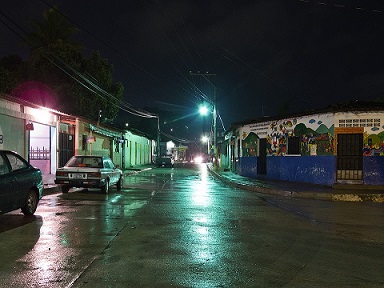Most people in El Salvador applaud the implementation of Nayib Bukele’s government’s security plan. However, the economy is seen as its weak point.

Luis Beatón
The study by the University Institute of Public Opinion (IUOPD) of the Central American University (UCA) on the country’s situation at the end of 2023 was categorical in placing security below the economy in terms of the population’s concerns for 2024.
In the opinion of ordinary Salvadorans, those who live in neighbourhoods that were once controlled by gangs, where extortion and violence were “our daily bread”, “the sun cannot be covered with a finger”, in reference to those who try to deny this reality. The survey showed that 40.7% of the population see a safer country, something they attribute to the emergency rule extended for the 22nd time on Tuesday.
It is not rational to ignore the fact that 91 people out of 100 believe that in 2023 crime will be lower in the country. The success of government policy must be acknowledged.

Omar Serrano, vice-rector of Social Outreach at the UCA, is categorical in his opinion when he points out that the security environment “in concrete terms, is due to the implementation of the emergency regime”.
Two findings are evident in this survey. The first is that what is most appreciated and valued by the population is what has to do with the government’s security policy and specifically with the emergency regime, and the second is that this year the main scourge of the population is and will be the economic situation, an undeniable contrast.
In general terms, and according to the responses obtained by the survey, security is the main achievement of this government and the pillar on which its majority social support rests, something that apparently tips the balance in Bukele’s favour at the polls on 4 February. 80.5% of the population estimated that 2023 was better than 2022 and 91.3% said that this was due to variables related to security policy.
It is clear that security is below the economy in terms of what is wrong with the country. Seventy per cent of those questioned considered the biggest problem they face to be the economy, according to the survey.

Many Salvadorans (52.7%) deprived themselves of buying certain products at the end of the year and some even did not celebrate traditional dinners at this time of year in order to save money in view of the uncertainty of what 2024 will bring.
The think tank added that 32.8 per cent said that the main problem in their family was the economic situation, 17.3 per cent identified unemployment and 13.2 per cent said it was the high cost of living, all economic factors.
The government’s security record is enviable, but its main challenge today is the economy, which has grown from 35.3% in 2020 to 70% today, according to Laura Andrade, director of IUDOP. Those questioned in the survey stated that the main difficulties were the increase in the cost of the basic food basket, the cost of living and the lack of opportunities to find work in the country. PL
(Translated by Cristina Popa – Email: gcpopa83@gmail.com)












.jpg)












